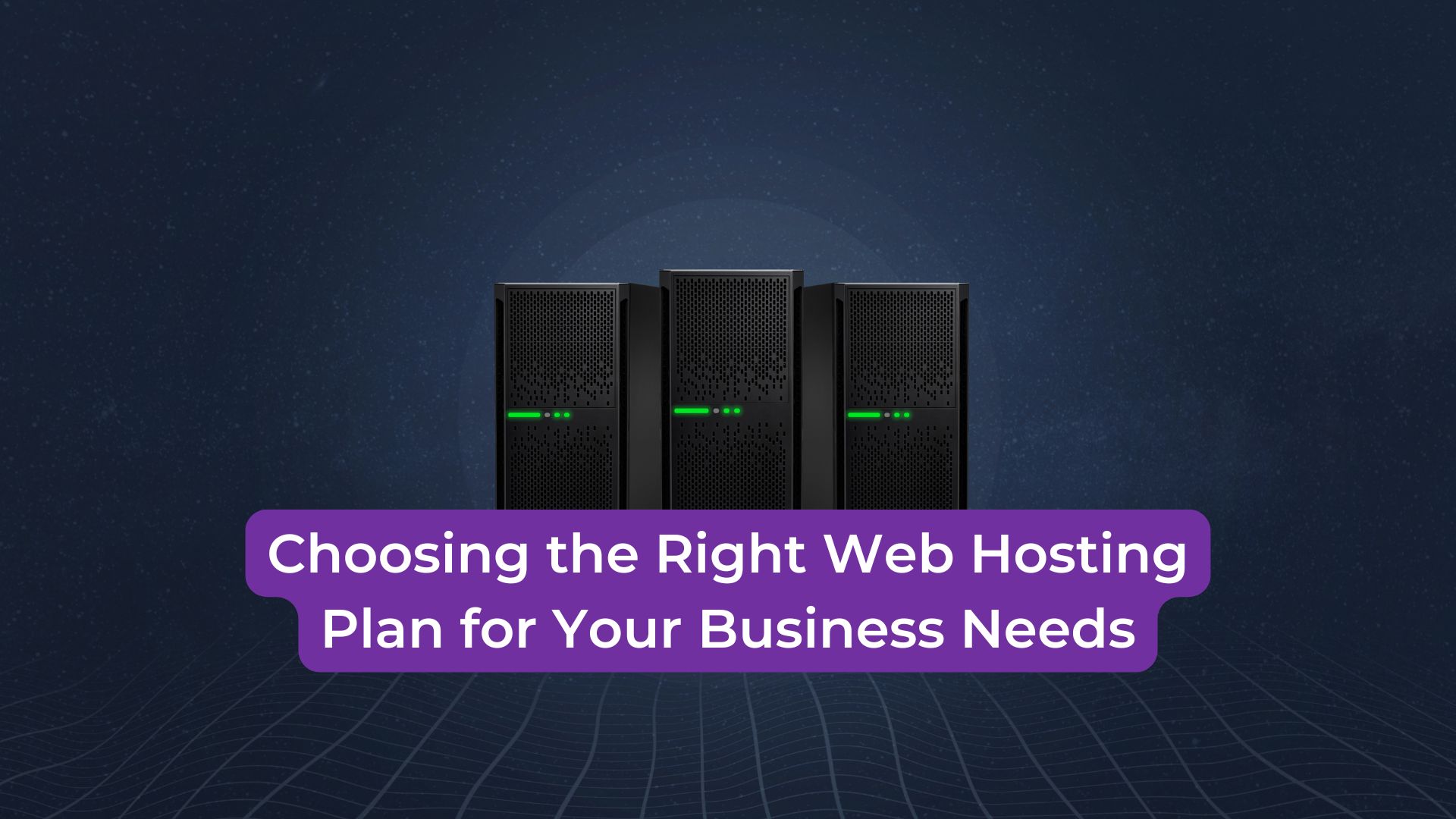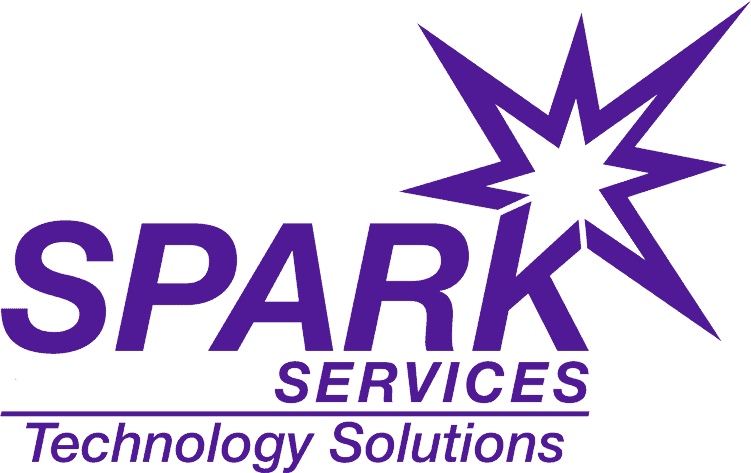
Selecting the best web hosting plan is a crucial decision for any business looking to establish a strong online presence. The hosting plan you choose impacts your website’s speed, reliability, and security, which can significantly affect user experience and, ultimately, your business growth.
With so many options available, knowing how to pick the right web hosting plan can be a challenge.
This blog will guide you through the different types of web hosting plans, the key factors to consider when choosing one, and how SPARK Services can help you find the ideal solution for your business.
Types of Web Hosting Plans
Understanding the different types of web hosting plans is the first step in finding the right one for your business. Here are the most common types of web hosting options:
1. Shared Hosting
Shared hosting is one of the most affordable and popular options, particularly for small businesses and startups. In this web hosting plan, your website shares server resources with other websites.
Pros:
- Cost-effective: Shared hosting is usually the cheapest option.
- Easy to manage: It’s simple to set up and maintain, even for beginners.
Cons:
- Limited resources: Since resources are shared, your site may experience slow loading times during peak traffic.
- Less control: You have limited control over server configurations.
2. Virtual Private Server (VPS) Hosting
VPS hosting offers a middle ground between shared and dedicated hosting. With a VPS web hosting plan, your website shares a server but has its own allocated resources, providing more control and better performance than shared hosting.
Pros:
- Better performance: You get dedicated resources for your website, resulting in faster loading times.
- Greater control: You have more control over server settings compared to shared hosting.
Cons:
- More expensive: VPS hosting is pricier than shared hosting.
- Requires technical knowledge: Managing a VPS might require some technical skills.
3. Dedicated Hosting
A dedicated web hosting plan gives you complete control over a physical server that is dedicated solely to your website. This option is ideal for large businesses or websites that experience high traffic.
Pros:
- Maximum performance: Your website will have all the server’s resources to itself.
- Full control: You can customize the server to your specific needs.
Cons:
- Expensive: Dedicated hosting is the most costly option.
- Requires expertise: Managing a dedicated server requires a deep understanding of server management.
4. Cloud Hosting
Cloud hosting is a scalable option that allows your website to draw resources from multiple servers. This web hosting plan is highly flexible and perfect for growing businesses.
Pros:
- Scalability: Easily scale up or down depending on your website’s traffic needs.
- Reliability: If one server fails, another can take over, reducing downtime.
Cons:
- Costs can add up: While it’s scalable, the costs can increase as your site grows.
- Potential complexity: Managing cloud hosting can be more complex compared to traditional hosting options.
5. Managed Hosting
Managed hosting refers to any web hosting plan where the hosting provider takes care of server management tasks such as updates, backups, and security.
Pros:
- Time-saving: The hosting provider handles all the technical aspects, allowing you to focus on your business.
- Security and maintenance: Managed hosting typically includes regular updates and security monitoring.
Cons:
- Higher cost: Managed hosting is usually more expensive than unmanaged options.
- Less control: You have less direct control over the server.
Factors to Consider When Choosing a Web Hosting Plan
When choosing the right web hosting plan for your business, it’s essential to evaluate several factors:
1. Website Traffic
Consider the amount of traffic your website currently receives and how much you expect it to grow. If your website sees significant traffic, you’ll need a hosting plan that can handle high volumes without compromising speed.
2. Budget
Your budget plays a key role in determining the right web hosting plan. While shared hosting is the cheapest, larger businesses may need to invest in VPS, dedicated, or cloud hosting for optimal performance.
3. Technical Support
For many businesses, having reliable technical support is a must. Look for hosting providers that offer 24/7 customer support, so you can resolve any issues quickly and efficiently.
4. Security Features
Data security is critical for businesses. Ensure that your chosen web hosting plan offers essential security features, such as SSL certificates, backups, and firewalls.
5. Scalability
As your business grows, your hosting needs will change. Choose a web hosting plan that offers scalability, allowing you to upgrade your resources as needed.
Conclusion
Choosing the right web hosting plan for your business can feel overwhelming, but it doesn’t have to be. By understanding your website’s needs, your budget, and the available hosting options, you can make an informed decision that ensures your site performs at its best.
At SPARK Services, we understand that every business has unique hosting needs. That’s why we offer a range of web hosting plans designed to fit businesses of all sizes. Whether you’re just starting or need a high-performance solution, SPARK Services has you covered. Reach out to us today to discuss how we can help you choose the best hosting plan for your business.



